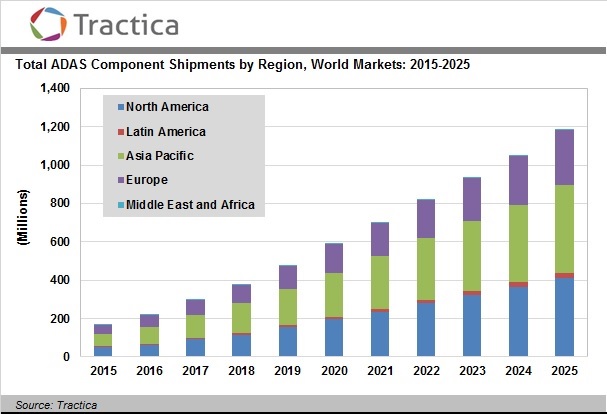Features
As more partially or fully autonomous vehicles hit the road, Americans see responsibility for accidents shifting away from individual drivers and more toward the auto manufacturers and software developers that enable the autonomous technology, according to a study by American International Group ...
As cars and trucks move toward a more autonomous future, Americans are highly polarized as to whether to accept or reject them on the road, according to a study by American International Group ...
The USDOT has awarded six application development research contracts under ATTRI to improve mobility options for all travelers, particularly those with disabilities ...
The Gartner Consumer Trends in Automotive online survey found that 55 percent of respondents will not consider riding in a fully autonomous vehicle, while 71 percent may consider riding in a partially autonomous vehicle ...
The automobile is undergoing a transformation, moving from a means of conveyance to becoming a data center on wheels. For car manufacturers to maintain their leverage, they have to build alliances and concentrate on R&D resources, according to Oliver Wyman’s new Automotive Manager 2017 report ...
Driven by government mandates on safety and emission regulations, original equipment manufacturers (OEMs) are investing billions of dollars in the research and development (R&D) of advanced vehicle technology features ...
Increasing the amount, consistency and quality of TIM data collection supports development of performance measures for evaluating and improving traffic incident response ...
Connected vehicles have the potential to transform the way Americans travel through the creation of a safe, interoperable wireless communications network — a system that includes cars, buses, trucks, trains, traffic signals, cell phones, and other devices. In the past, the USDOT has focused on helping people survive crashes. Connected vehicle technology will change that paradigm by giving people the tools to avoid crashes ...
The market for advanced driver assistance systems (ADAS) is on the verge of a tipping point. According to a new report from Tractica, ADAS component shipments will increase at a healthy pace over the next decade, rising from 218.1 million units shipped in 2016 to 1.2 billion units by 2025 ...
The US ranked as the most congested developed country in the world, with drivers spending an average of 42 hours a year in traffic during peak hours, according to the all-new Global Traffic Scorecard from INRIX ...










